Program at a Glance
Program in Detail
Keynote Speakers
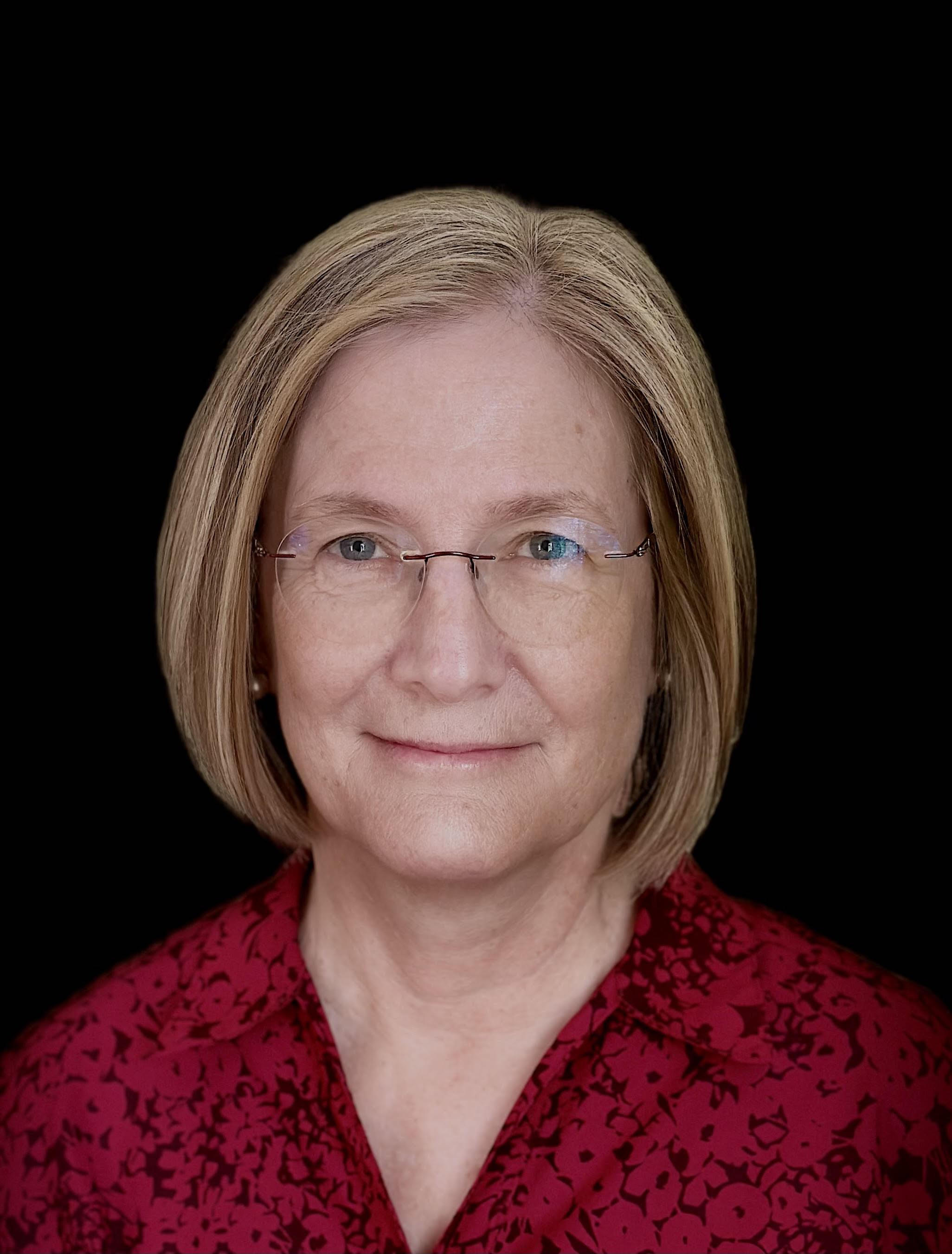
Prof. Mary Lou Maher
The University of North Carolina at Charlotte, USA
- Title
- Enhancing Human Creativity Through the Synergy of Cognitive and Connectionist Models
- Abstract
- Creativity is foundational to human learning, social and scientific innovation, quality of life, and economic prosperity and is practiced in context by all of us in our work lives, education, and social interactions. Computational creativity, while inspired by human creativity, lacks the intention and transformative characteristics of human creativity. This presentation proposes that the goal of computational creativity should be to support and enhance human creativity rather than mimic it. Deep learning in large language models demonstrates a kind of computational creativity based on how we use language but lacks the ability to model abstractions of creativity relevant to the intention of humans. Cognitive systems demonstrate creativity through the application of models such as analogy, framing/reframing, novelty, and surprise but lack the ability to generalize beyond their knowledge base. The synergy of cognitive and connectionist models of creativity has the potential to address the limitations of each as computational models while interacting with humans as a co-creative partner.
- Biography
- Dr. Mary Lou Maher is a Professor in the College of Computing and Informatics at UNC Charlotte. She is a co-Director of the Human-Centered Computing Lab. She has held appointments at Carnegie Mellon University, MIT, Columbia University, US National Science Foundation, the University of Sydney, and the University of Maryland. Her research lies at the intersection of Artificial Intelligence and Human-Computer Interaction. Her recent research areas include AI-based models of novelty and surprise, evaluating ideation in human-AI co-creativity, human-centered AI interaction design, and personalized learning systems that encourage curiosity.
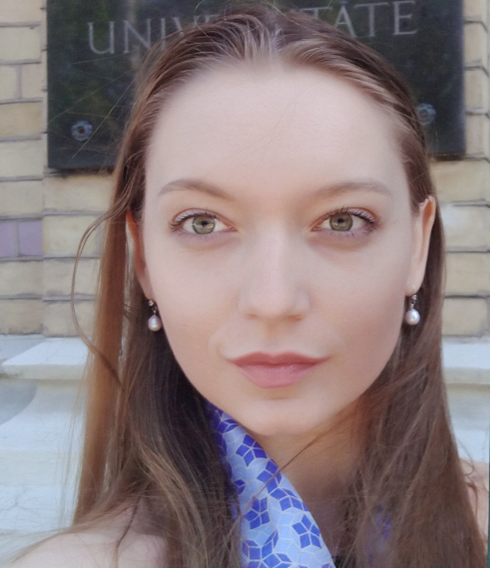
Prof. Anastsaijia Nikiforova
University of Tartu, Estonia
- Title
- Data quality as a prerequisite for the success and sustainability of emerging technologies, business, and society: no data quality, no party
- Abstract
- Today, in the age of information and Industry 4.0, with the transition to Industry 5.0, billions of data sources, including but not limited to interconnected devices (sensors, monitoring devices) that form the Cyber-Physical Systems (CPS) and the Internet of Things (IoT) ecosystem, are continuously generating, collecting, processing, and exchanging data. With the rapid increase in the number of devices (smart objects or “things” such as smartphones, smartwatches, smart vehicles etc.) and information systems in use, the volume of data is increasing. This is not only about the data that are stored in closed Information Systems or data that are exchanged between different systems, but also about data that are made public / openly available, including open government data. Moreover, due to the digitization and variety of data being that are constantly produced and processed, their value is also growing - data serve as the basis for intelligent decision-making, Business Intelligence (BI) or machine learning (ML) algorithms, models, forecasts, and simulations, where data form inputs, affect resource allocation, consumer and employee trust in data and associated applications. This led to the fact that some time ago data have been claimed to be a new oil. While there are commonalities between data and oil, there are quite a few of them, and the value of data is much higher, and as Forbes suggests, if we want to talk about data as source of power or fuel, it makes much more sense to compare them with renewable sources. All in all, the data appears to be more than oil. However, the value of data depends on several factors, among which data quality and data security are the most important. Hence the popularity and importance of the topic of data quality. This talk will discuss how to manage data quality and what factors influence the choice of DQM approach? Is there a “silver bullet”? Are there any AI-driven automated data quality rule / requirement detectors that would allow absolutely automated data quality management to achieve so-called “absolute data quality”?
- Biography
- Anastasija Nikiforova is a researcher (PhD in Computer Science – Data Processing Systems and Data Networking), whose research interests include, but are not limited to, data management with a particular focus on data quality and data integration issues, public administration, open data- and open government data (ecosystems)-related topics, covering both technological and societal aspects of the above, Smart City, Society 5.0, sustainable development, IoT, HCI and digitization. She is an assistant professor of Information Systems at University of Tartu (Faculty of Science and Technology, Institute of Computer Science, Chair of Software Engineering), and a part of European Open Science Cloud Task Force “FAIR Metrics and Data Quality”. She is an expert of the COST – European Cooperation in Science & Technology, as well as Latvian Council of Sciences in (1) Natural Sciences – Computer Science and Informatics, (2) Engineering and Technology-Electrical Engineering, Electronics, Information and Communication Technologies (ICT), and (3) Social Sciences – Economics and Business. She serves as a program committee for several international conferences (20+) and invited reviewer for 15+ high-quality (Q1-Q2) journals. She is an Editorial Board Member and an Associate Editor for several journals (Government Information Quarterly (GIQ, Elsevier), BMC Research Notes (Springer Nature), eJournal of eDemocracy and Open Government (JeDEM), Data & Policy (Cambridge Press), International Journal on Semantic Web and Information Systems (IJSWIS) (IGI Global) etc.), part of organizing committee and track (co-)chair for several conferences, including EGOV, DGO. She is also an EDSC ambassador (European Digital Skills Certificate, as part of Action 9 of the Digital Education Action Plan (2021- 2027) – JRC/SVQ/2022/OP/0013). Read more -> https://anastasijanikiforova.com/
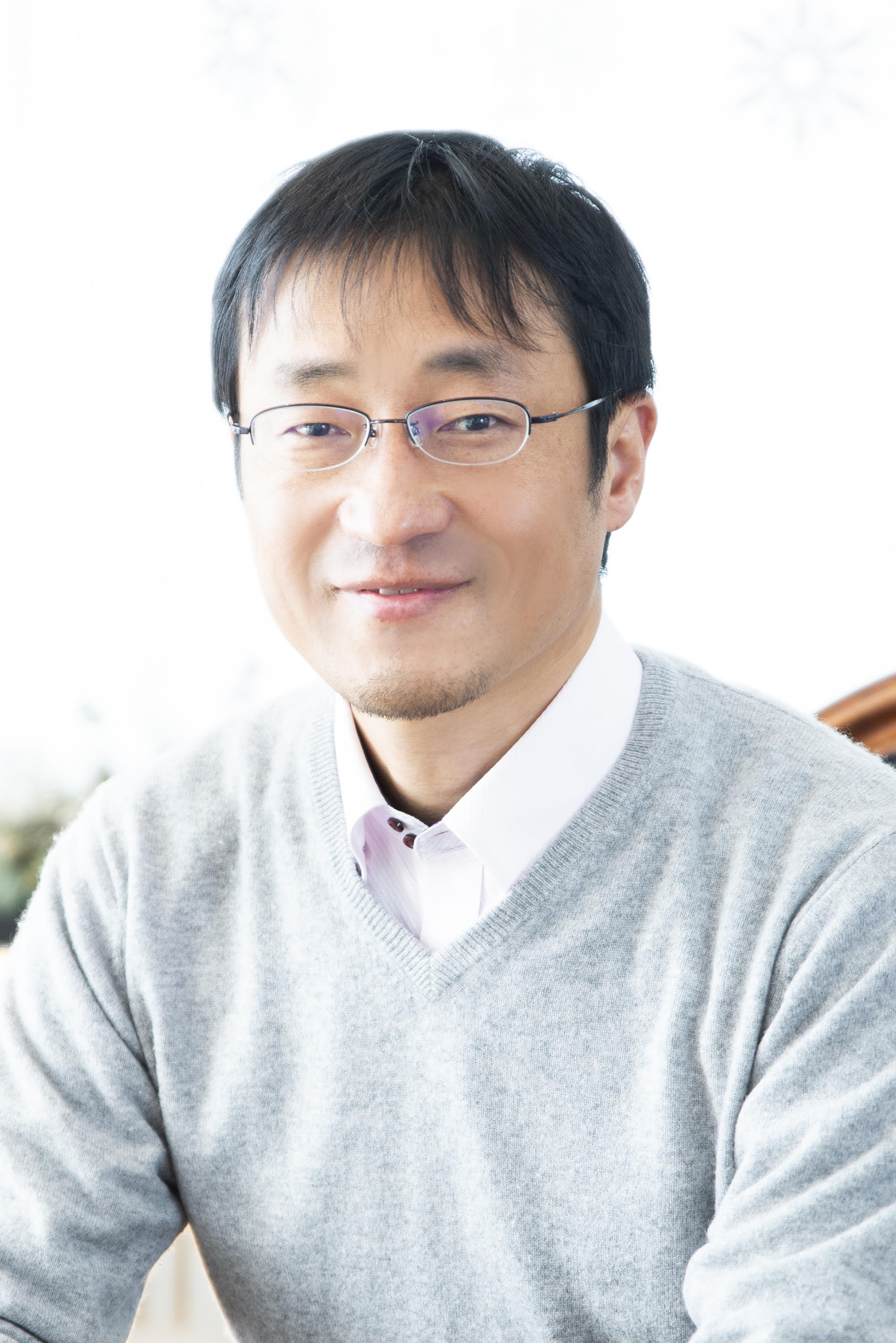
Prof. Sozo Inoue
Kyushu Institute of Technology, Japan
- Title
- Toward Care Forecasting Services in JST Future Society Creation Project
- Abstract
- In this talk, we introduce the ongoing project in JST for care forecasting services for nursing facilities and medical services, utilizing IoT, smartphones, big data, and Generative AI. We discuss the challenges and opportunities integrating human productivity and AI's co-pilot, derived by the experiments at more than 50 facilities and the research from the Care XDX center of Kyutech.
- Biography
- Sozo INOUE is a full professor in National Kyushu Institute of Technology, Japan, the Director of Care XDX Center of Kyushu Institute of Technology, and the Chief Technical Officer of AUTOCARE LLC. His research interests include human activity recognition with smart phones, and healthcare application of web/pervasive/ubiquitous systems. Inoue has a Ph. D of Engineering from Kyushu Universityin 2003. After completion of his degree, he was appointed as an assistant professor in the Faculty of Information Science and Electrical Engineering at the Kyushu University, Japan. He then moved to the Research Department at the Kyushu University Library in 2006. Since 2009, he has been appointed as an associate professor in the Faculty of Engineering at Kyushu Instituteof Technology, Japan, and moved to Graduate School of Life Science and Systems Engineering at Kyushu Instituteof Technology in 2018, and appointed as a full professor from 2020. Meanwhile, he was a guest professor in Kyushu University, a visiting professor at Karlsruhe Institute of Technology, Germany, in 2014, a special researcher at Institute of Systems, Information Technologies and Nanotechnologies (ISIT) during 2015-2016, and a guest professor at University of Los Andes in Colombia in 2019. He was a technical advisor of Team AIBOD Co. Ltd during 2017-2019, and a guest researcher at RIKEN Center for Advanced Intelligence Project (AIP) during 2017-2019. He was a director and is a senior member of the Information Processing Society of Japan (IPSJ), a member of the IEEE Computer Society, the ACM, the Institute of Electronics, Information and Communication Engineers (IEICE), the Japan Society for Fuzzy Theory and Intelligent Informatics, the Japan Association for Medical Informatics (JAMI), and the Database Society of Japan (DBSJ).
Invited Speakers
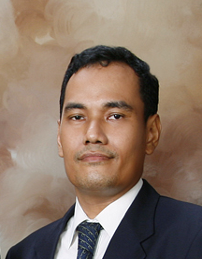
Prof. Ford Lumban Gaol
Head of Doctor Program of CS, Bina Nusantara University, Indonesia
- Title
- The Challenge and Opportunity of Artificial Intelligence in Health care Industries: The Hope, The Hype and the Real world impact
- Abstract
-
The era of AI will provide the significance effect on many Industries sectors including
The Health care Industries.
In this talk, we will explore more detail on the issues that raised of AI in Health care industry. We will explore more on AI exploded on the Health care industry, use of AI in Health care industry, World on AI of Health care industry.
- Biography
-
Dr Ford Lumban Gaol is currently Professor Informatics Engineering and Information
System, Bina Nusantara University. He is the Head Department of Doctor of Computer
Science Bina Nusantara University and Research Interest Group Leader “Advance System in
Computational Intelligence & Knowledge Engineering “ (IntelSys)
Dr Ford Lumban Gaol is the President of IEEE Indonesia Section Computer Society and also President of IIAI-ASEAN.
Dr Ford was the Vice Chair of IEEE Indonesia section and former Chair of the ACM Indonesia.
Further, For International highlight, Dr Ford is the recipient of Visiting Professor in
- Kazan Federal Universty, Russia 2014 and 2015,
- Vladimir State University, Russia 2016,
- Financial University, Moscow, Russia 2017
- Southern Federal University, Rostov-On Don, Russia 2018
- Year 2019 – AIIT, Tokyo Metropolitan University
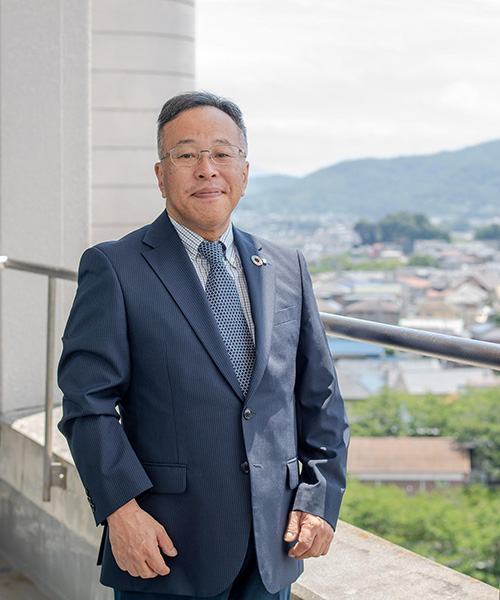
Prof. Kiyota Hashimoto
Shunan University, Japan
- Title
- International Research Collaborations with the Third World
- Abstract
- International research collaborations are more and more expected, and a direction is those with researchers and institutions in developing and middle-developed countries. Such are designed with different purposes, but a common key is a high integration of research and education using both on site and online opportunities. In this talk, some cases with Cambodia, Indonesia, and Thailand are reported and desirable actions and attitudes towards fruitful relationship are discussed.
- Biography
- Professor and Director of International Affairs Center at Shunan University, Yamaguchi, Japan. Doctor of Engineering. He studied at two doctoral courses of linguistics at Kyoto University and natural language processing at Nara Institute of Science and Technology. He has been working at Seiwa College, Osaka Women’s University, Osaka Prefecture University, Asian University, Prince of Songkla University and Shunan University. His expertise is natural language processing, sensor technologies, machine learning, data science particularly on tourism and environmental science topics with more than 150 publications. He has led and joined many international research project and research collaborations. He also served as editor of several international journals, chair of many international conferences, etc.
Social Events
Banquet
| Venue | Art Hotel Kokura New Tagawa All Day Dining shizuku on 1st floor |
|---|---|
| Address | 3-46 Furusemba-machi, Kokurakita-ku, Kitakyushu-shi, Fukuoka 802-0082 JAPAN |
| Official Website |
English website
Japanese website |
Technical / Factory Tour
- Next-generation Energy Park in Kitakyushu Eco Town Center
- Kitakyushu City Water-treatment Facility
- Hiagari Umizuri Park
- Wakato Ferry Boat
Luncheon Award Ceremony & Conference Adjournment
| Venue | Kitakyushu International Conference Center Sea Lounge on 2nd floor |
|---|